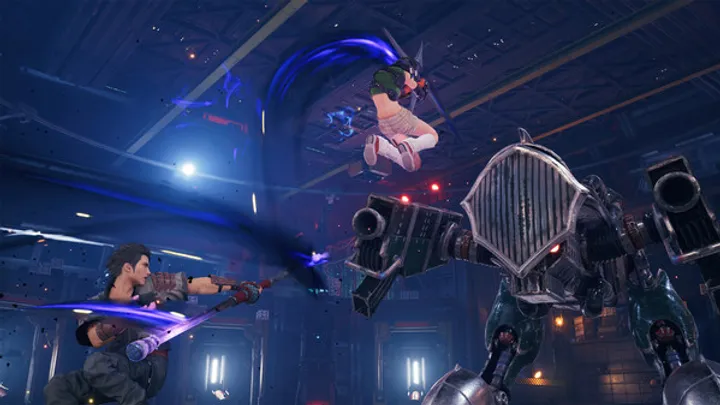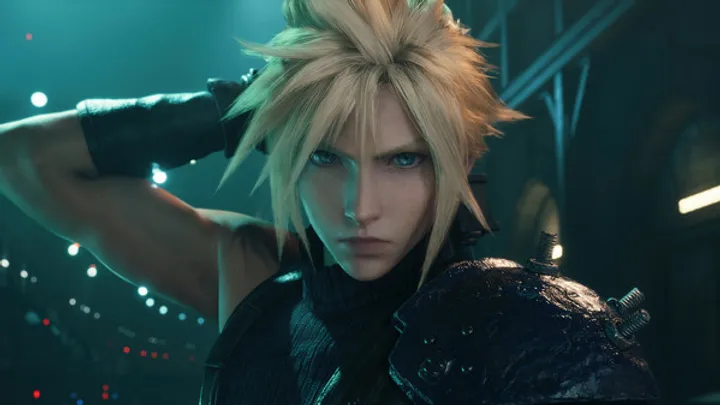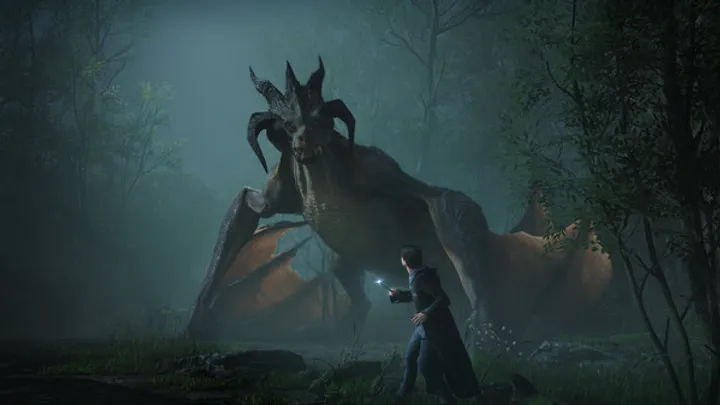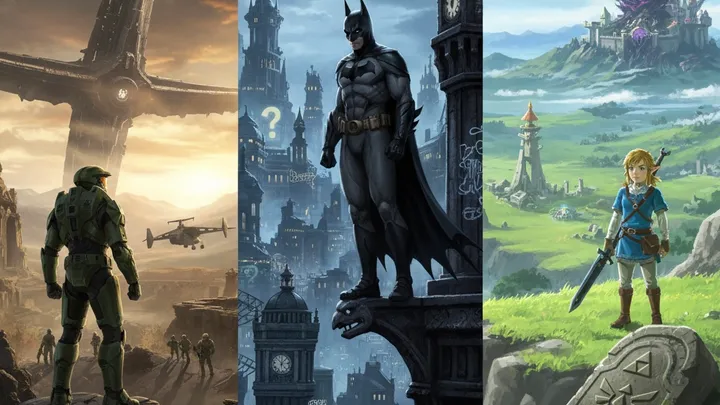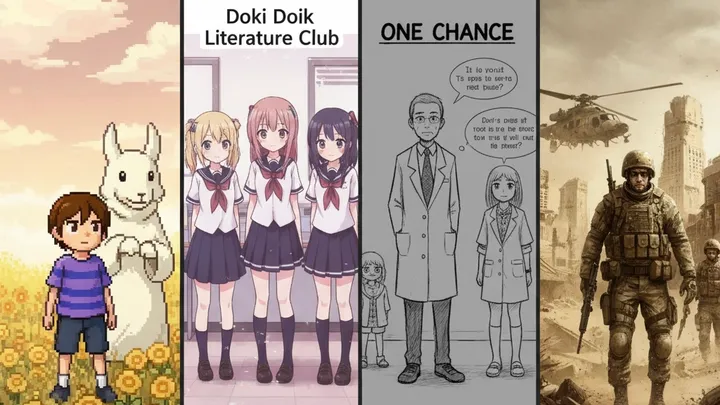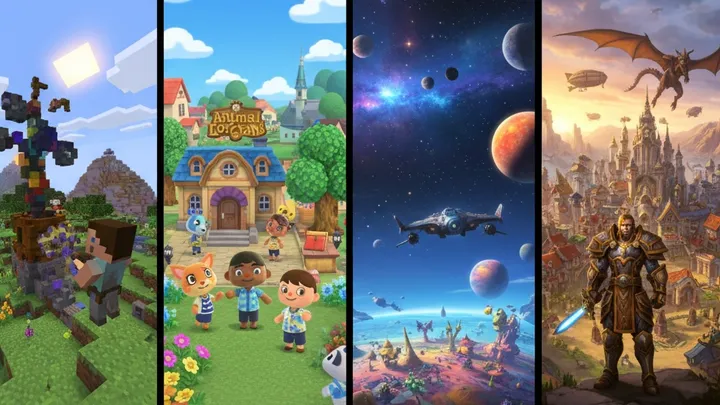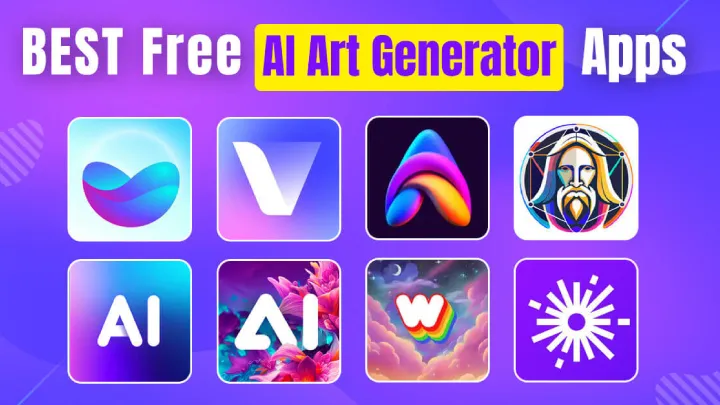Introduction
Animal Crossing: New Horizons (ACNH) has captivated players with its charming aesthetics and relaxing gameplay. One of the most engaging aspects of the game is the relationships players build with their in-game villagers. These interactions not only enrich the gameplay experience but also serve as a reflection of real-life social dynamics. This article delves deeply into the role of villager relationships in ACNH, exploring their impact on player engagement, community building, and overall gameplay satisfaction.
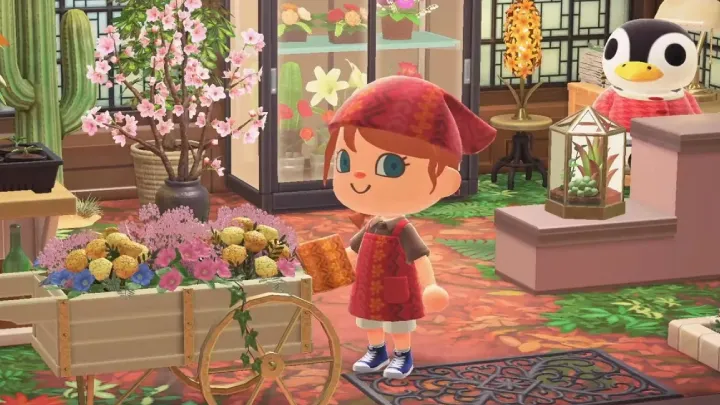
Understanding Villager Personalities
Diverse Personalities
Each villager in ACNH has a unique personality type, categorized into several groups, including:
- Smug: Charming and sophisticated, these villagers often display a mix of confidence and kindness.
- Snooty: Initially aloof, they can become friendly over time, offering a complex social dynamic.
- Peppy: Energetic and cheerful, they often bring positivity to the island atmosphere.
- Lazy: Laid-back and easygoing, these villagers enjoy food and leisure, adding a relaxed vibe to interactions.
Impact on Interactions
The personality types influence how villagers interact with players and each other. For example, a Smug villager might offer sophisticated dialogue, while a Peppy villager might engage in cheerful banter. This diversity enriches the social fabric of the game.
Building Relationships
Players engage in various activities to build relationships with villagers, including:
- Daily Conversations: Talking to villagers each day helps increase friendship levels.
- Gifts: Offering gifts based on a villager’s preferences strengthens bonds.
- Participating in Events: Engaging in seasonal events together fosters camaraderie.
The Importance of Friendship Levels
Friendship Mechanics
ACNH features a friendship system that tracks the player's relationship with each villager. Friendship levels range from zero to five hearts, with each level unlocking new interactions and rewards.
Benefits of High Friendship Levels
- Unique Dialogue: As friendship levels increase, villagers share more personal stories and experiences.
- Gifts and Recipes: Higher levels can lead to villagers gifting items or DIY recipes, enhancing gameplay.
- Event Participation: Villagers are more likely to participate in events and celebrate with the player, creating memorable moments.
Emotional Connection
The emotional investment in building relationships can lead to a heartfelt connection between players and their villagers. Players often feel a sense of loss when a beloved villager decides to leave, reflecting the emotional depth of these interactions.
Community Building on the Island
Creating a Vibrant Community
Villager interactions play a crucial role in creating a lively island atmosphere. A well-balanced mixture of personalities can lead to dynamic interactions and foster a sense of community.
Enhancing Island Life
- Villager Events: Special events, like birthday celebrations and holiday parties, promote interaction among villagers, creating a festive environment.
- Dialogue Diversity: Villagers comment on each other’s behaviors, adding layers to social dynamics and making the island feel alive.
Player Engagement
The relationships players build with villagers can significantly enhance engagement. Players often find joy in daily interactions and strive to maintain a thriving community, investing time and creativity in their islands.
The Impact of Villager Departure
Emotional Responses
When a villager decides to leave the island, players often experience a range of emotions, from sadness to nostalgia. This emotional connection underscores the impact that these relationships have on the overall gaming experience.
The Leaving Mechanic
Players can choose to let villagers leave or actively work to keep them. This mechanic adds depth to the decision-making process, as players weigh the benefits of new villagers against the emotional ties to existing ones.
Community Dynamics
The departure of a villager can alter the dynamics of the island community. New villagers bring different personalities and interactions, which can shift the social landscape and influence player engagement.
Villagers as Reflections of Real-Life Relationships
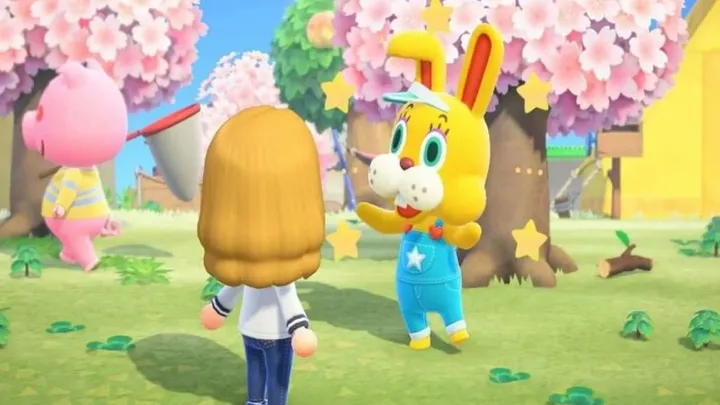
Social Simulation
ACNH serves as a social simulation, allowing players to explore relationship dynamics in a low-pressure environment. The game mirrors real-life interactions, teaching players about empathy, communication, and community.
Learning from Interactions
Players can learn valuable lessons about friendship, such as the importance of consistency in communication and the impact of thoughtful gestures. These lessons can translate into real-life relationships, enhancing social skills.
Building Empathy
Engaging with villagers fosters empathy and understanding. Players often find themselves caring for the emotional well-being of their villagers, reflecting the importance of nurturing relationships in the real world.
The Future of Villager Relationships
Potential Updates and Changes
As ACNH continues to evolve, future updates may introduce new mechanics to enhance villager relationships. Features like deeper storylines, expanded dialogue options, or more complex friendship interactions could further enrich the experience.
Community Feedback
The developers actively consider community feedback, which can shape the future of villager interactions. Players often share their wishes for more nuanced relationships, leading to discussions about potential improvements.
Maintaining Engagement
Continued focus on villager relationships will be vital in keeping players engaged. The emotional connections formed through these interactions are a significant part of what makes ACNH resonate with its audience.
Conclusion
The relationships players build with villagers in Animal Crossing: New Horizons are a cornerstone of the game's charm and appeal. These interactions offer players a unique blend of emotional investment, social simulation, and community building. As players engage with their villagers, they not only enjoy a richer gameplay experience but also reflect on real-life relationships and the importance of connection. The future of villager dynamics holds exciting potential, promising to enhance the already beloved experience of life on a deserted island.








